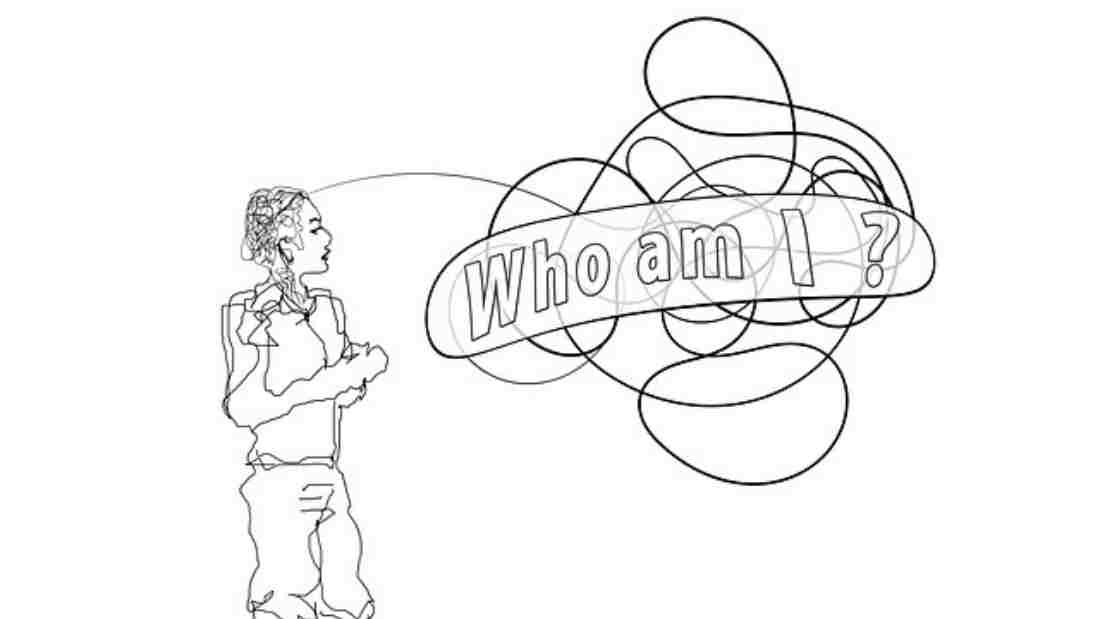Existentialism is a philosophical movement that emphasizes individual freedom and choice, and the inherent meaninglessness of life. It emerged in the 1940s and was popularized by thinkers such as Jean-Paul Sartre and Friedrich Nietzsche. Existentialism has also had a significant impact on anthropology, providing a framework for understanding human existence in a broader context.
In this blog post, we will explore the main tenets of existentialism, and discuss how they have been applied to the field of anthropology.
What is Existentialism?
Existentialism is a philosophical movement that has had a profound influence on many disciplines, including anthropology. It emphasizes the existence of the individual self and subjective experience, which suggests that we are each responsible for our own lives and free to create our own destiny.
Existentialists believe that humans must create their own meaning in life, as there is no inherent meaning to be discovered. While existentialism is often associated with nihilism and despair, it can also be seen as a call to action, encouraging humans to take control of their lives and create their own purpose.
Understanding these principles of existentialism can help us to see anthropology in a new light and appreciate its importance in understanding the human condition.
Basic Tenets of Existentialism
Existence Precedes Essence
This tenet is perhaps the most fundamental principle of existentialism. It holds that there is no such thing as a human nature or essence that pre-exists our existence. This means that we exist first and only afterwards do we develop an identity. Our identity is not predetermined by our genes or our environment. Rather, it is something that we create for ourselves through our choices and actions.
Existentialists believe that there is no such thing as a “human nature.” We are not born with certain traits or characteristics. Rather, we develop these things over time through our interactions with the world around us. This makes us unique individuals who cannot be pigeon-holed into one category or another.
Instead, we create our own nature through our actions and choices. Each individual creates their own unique experience through their interactions with the world.
Existentialism focuses on the unique experience of the individual, as opposed to collectivist thought, which sees individuals as part of a larger whole. This individual-centred focus has led to existentialists placing great importance on subjective experience as the only source of knowledge. In other words, what we each individually think and feel is more important than what anyone else thinks or feels. This emphasis on freedom has important implications for anthropology, as it suggests that we are not bound by cultural norms or expectations but are free to create our own lives.
Freedom is our most fundamental value.
Existentialists believe that humans are free agents, capable of making their own choices. This means that we are free to choose our own actions and are not bound by predetermined norms or expectations. We are responsible for our own choices and must accept the consequences of our actions.
This concept challenges traditional ideas about authority and hierarchy. It also has important implications for anthropology, as it suggests that individuals are not products of their environment or culture; rather, they are active agents who contribute to the shaping of their own cultures.
Existentialists believe that cultures are constantly evolving as individuals make choices about their lives. This allows for a more fluid understanding of culture
We are responsible for our own lives
Freedom of choice brings with is anxiety, which is an inherent part of the human condition. We are constantly faced with choices which can cause us to feel overwhelmed or uncertain.
However, existentialists see this anxiety not as a negative force, but as a motivating factor which can push us towards authentic living. In other words, anxiety can help us to realize that we are not living in accordance with our true values and beliefs. For anthropologists, this tenet highlights the importance of studying not only what people do, but also why they do it.
The Absurdity of Life
Existentialists believe that humans suffer from an inherent sense of alienation or estrangement from the world around them. This sense of absurdity arises from our inability to find meaning in the chaos of the world.
We are constantly searching for answers to questions like “Why am I here?” or “What is the purpose of life?” But ultimately, these questions cannot be answered definitively; they can only be experienced individually. For anthropologists, this tenet underscores the importance of subjectivity and individual experience in understanding human behaviour.
Conclusion – Existentialism and Anthropology
In its simplest form, existentialism is the philosophical and psychological movement that emphasizes individual freedom and choice, and the inherent meaninglessness of life.
This philosophy has had a significant impact on anthropology, particularly in terms of how anthropologists understand cultural traditions and practices, and by providing a new framework for understanding human behaviour.
Existentialism has helped us to see that we all create our own realities through our choices and experiences. It has also shown us that there is no one correct way to live or be in the world. Each person must find their own path in life, which can sometimes be filled with anxiety and uncertainty. But if we can learn to embrace these feelings as part of being alive, we can also find moments of great beauty and joy.
Related Terminology:
Existential anxiety: the feeling of unease or apprehension that arises from our inability to find meaning in the chaos of the world.
Anthropology Glossary Terms starting with E
Disclosure: Please note that some of the links in this post are affiliate links. When you use one of my affiliate links, the company compensates me. At no additional cost to you, I’ll earn a commission, which helps me run this blog and keep my in-depth content free of charge for all my readers.


